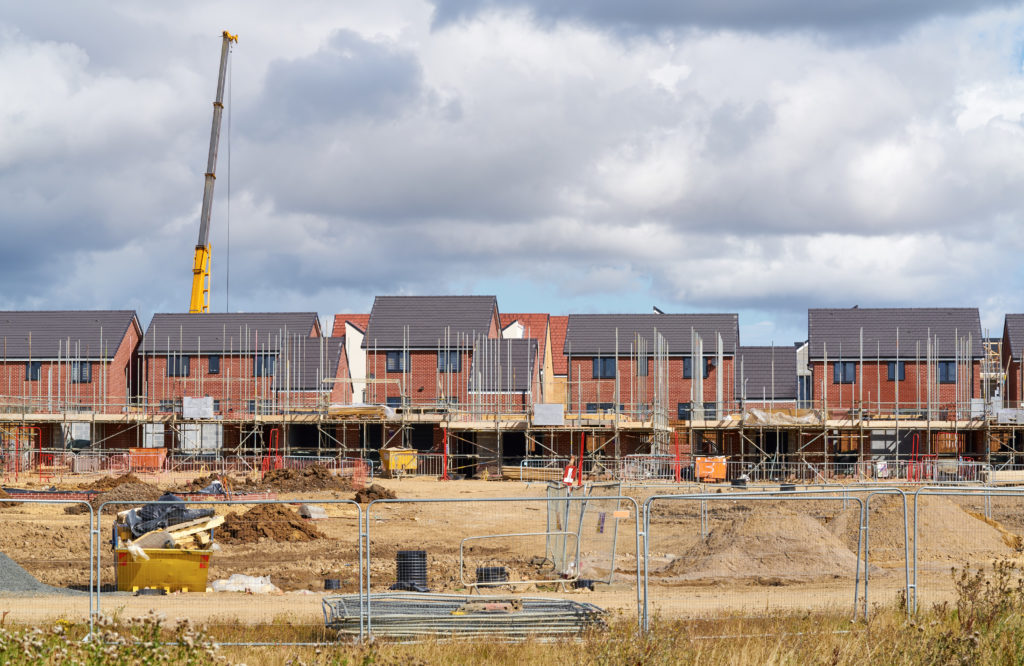
Cornwall will start charging the Community Infrastructure Levy (CIL) from 1st January 2019. The looming deadline for implementation of Cornish CIL has seen developers rushing to acquire planning permission, as it has the potential to significantly increase development costs.
Broadly speaking, CIL will be charged on new developments over 100 square metres, although that limit does not apply to new dwellings. The funds generated by charging CIL are used by the local authority to provide and improve infrastructure to support the development of the area.
Stephens Scown LLP has been advising developers on CIL for a number of years where CIL has been charged in other parts of the country. The CIL regulations are inherently complicated and bureaucratic, and CIL appeal decisions demonstrate that they must be strictly adhered to.
How will CIL be introduced?
CIL is already charged by other local authorities in England and Wales. Local Authorities adopt a charging schedule which dictates how the levy will be charged. In Cornwall, there are five different chargeable zones for residential development – a different rate of CIL applies to each zone and other charges for commercial development. The rate is charged on a per square metre basis. Any planning permission for chargeable development in Cornwall granted after 1st January 2019 will be charged CIL.
The requirement to pay CIL only kicks in once the chargeable development actually commences. Developers need to be aware that works consisting of site preparation can trigger commencement of development and therefore require CIL to be paid at that point. There have been numerous cases where unwary developers are required to pay CIL earlier than expected by falling foul of this point. One example was where a developer had planning approved part of which consisted of demolition. The developer was surprised to discover that carrying out preliminary demolition work on the site meant that CIL had to be paid at that juncture as they had not prepared to pay CIL at that time. It caused the project funding issues from the outset.
The consequences of CIL costs/charges
The CIL process consists of much form filling and a requirement to submit notices and forms on time. Failure to do so can result in surcharges equal to 20% of the CIL payable, up to a maximum of £2,500. For example, for permitted development (i.e. where a planning application is not required) a surcharge applies when the development commences before a notice of chargeable development is received by the planning authority. There are many examples of pitfalls where the process has not been followed properly which can then render a development unviable.
A development’s CIL liability can be reduced where certain reliefs and exemptions apply. For example, some forms of affordable housing can benefit from social housing relief. This is only applicable where developers correctly apply for and are granted the reliefs before development commences. If development commences before reliefs are obtained, the benefit of the relief is lost for good. CIL is fraught with pitfalls and it is necessary to ensure the correct procedures are followed. It is therefore very important that CIL is considered carefully as an integral part of any new development proposals.
Where CIL is not paid when it falls due, it will be subject to interest and late payment surcharges. In circumstances where developers consistently do not pay the CIL, or surcharges, a CIL stop notice can be served which prohibits the development from continuing until the outstanding CIL is paid. In a worst-case scenario, assets can be seized and the liable party can go to prison for up to three months for failure to pay. Those are of course extreme circumstances.
How to handle the CIL introduction
Appeal decisions show that a hard line approach is taken on enforcing the CIL regulations. Landowners, developers and site purchasers are strongly advised to seek expert advice as soon as possible when planning for a new development, or when buying a development site that is subject to CIL.
Sarah-Jane Williams is a Senior Associate in the planning team at Stephens Scown LLP and has extensive experience helping developers navigate the CIL process. To find out more about legal services for planning and the Community Infrastructure Levy, please call 01872 265100, email planning@stephens-scown.co.uk or go to https://www.stephens-scown.co.uk/business/real-estate/planning/community-infrastructure-levy/https://www.stephens-scown.co.uk/community-infrastructure-levy/
